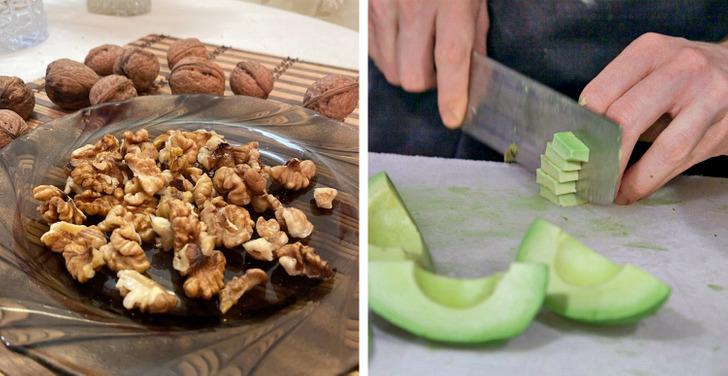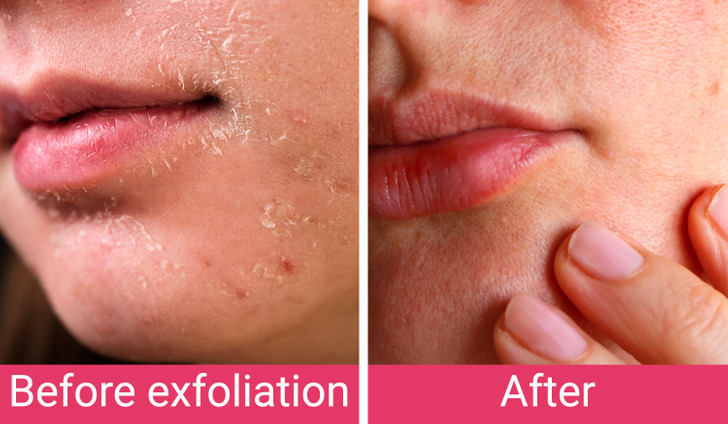10+ Mistakes to Avoid in Winter to Keep Your Body and Skin Safe
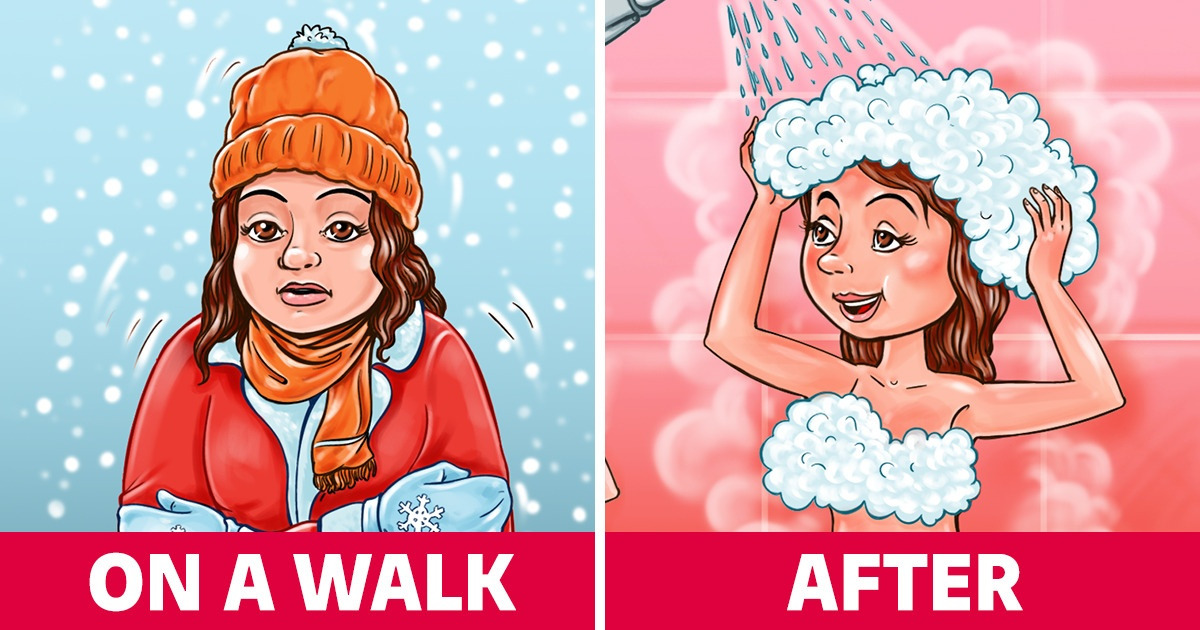
According to dermatologists, cold weather is a huge challenge for the body. The lower air temperatures we deal with in winter lead to dryness and the dehydration of the epidermis. Experts even have a name for it — “winter itch.” But sometimes, we make the situation worse ourselves. To avoid repeating the same mistakes over and over again, we decided to find more about this problem.
Popular bad habits
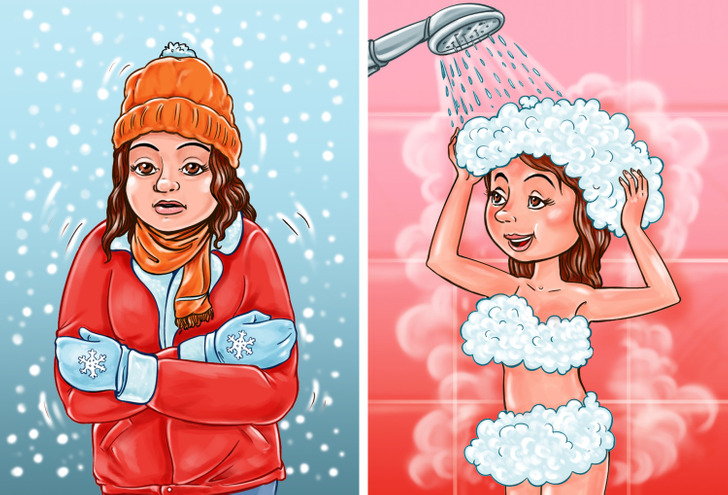
One of the biggest mistakes we make during the cold time of the year is washing in hot water. Of course, when we come inside, we want to get warm as fast as possible. But hot water can traumatize the upper layer of skin (which retains moisture). The safest temperature is from 98 to 105°F. It should be pleasant, but not hot.
It also matters what we use to wash. Experts don’t recommend using any aggressive products in winter. We should avoid products with fragrances, isopropyl alcohol, and sodium chloride. It’s also better not to use retinoids, which are often used in anti-aging products, since they can cause dryness.
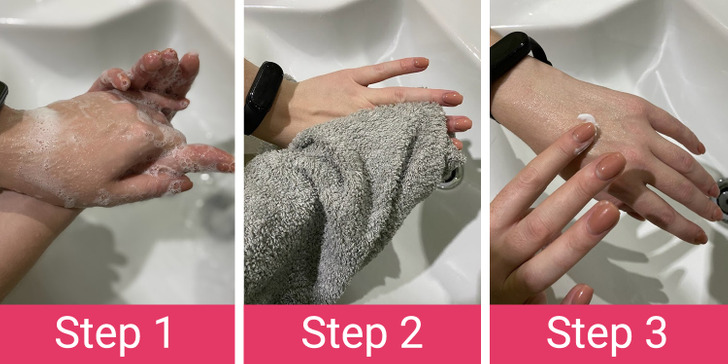
Another important thing we should know to help our hands in cold weather is to wash them correctly. We have to do this several times a day, so if we do it wrong, we harm our skin a lot.
- Use less soap. You don’t need too much foam because you can damage the natural oils of the epidermis.
- Dry your hands correctly. Don’t rub them with the towel, but pat or blot them. This way, you will harm your already suffering skin less.
- Finally, apply cream. It may be boring, but dermatologists insist that in winter, we should use a hand cream every time we wash our hands.
The less obvious causes of dry skin

A constant lack of sleep can lead to additional epidermis dehydration, and in some cases, to certain skin issues. At night, skin regeneration is at its peak, so if you are not asleep during this time, you might miss the golden hours.
We should help the skin from the inside, too. This is not only about drinking a lot (which is important), but also about reconsidering your diet. We often don’t eat enough foods with antioxidants and omega-3 acids. They can help the body produce new skin cells faster.
Eat avocado, walnuts, and olive oil. Also, drink herbal tea instead of coffee on cold days. Caffeine dehydrates the body, and that’s not what we need.

Even when we give our skin enough care and eat good food, sensitive skin might still suffer from dryness. There might be some external factors at play here:
- Chlorinated water in pools is an additional irritation at any time of the year, especially in winter. Consider replacing swimming with a different type of activity until it’s warm again.
- The warm air from the fireplace and radiators dries the air and the skin. Experts recommend decreasing the temperature, making the atmosphere pleasantly cool.
- In winter, many people like sweaters from rough wool. They look good in photos, but they aren’t very nice to touch. Dermatologists recommend paying attention to more breathable materials, such as cotton or silk. And if you like wool, wear it as a second layer on top of something softer. This way, you can avoid skin irritation.
Add the good stuff
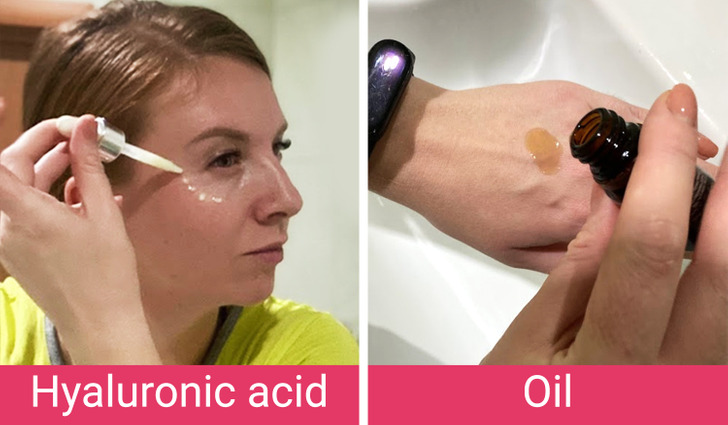
Which beauty product is the best? Hyaluronic acid is a moisturizer that literally pushes the water into the skin. So, creams and serums with hyaluronic acid are a great idea. It’s better to look for soothing ingredients, such as ceramides, peptides, lipids, glycerin.
If cream is not enough, you can use the so-called occlusive products. They create a physical barrier to retain the water in the skin. Some examples include jojoba oil, cocoa, rose hip, and shea.
Here are a few more tips from experts:
- Exfoliation is an important part of winter skincare because it helps ensure that moisturizing products can be more easily absorbed into the skin. When skin care products can get into the skin faster, they can restore the epidermis more effectively. It’s better to choose soft chemical methods of peeling, like glycolic acid and salicylic acid.
- Before shaving, use a special cream or gel. Leave it on the skin for several minutes so it can be absorbed a little first, and then start shaving.
- When the warm season ends, many people put aside the sunscreen until the next summer. But in winter, the sun still shines, and your skin still needs protection from it. For optimal protection, choose an SPF of at least 30, and reapply every two hours.
What skincare life hacks do you have for the cold time of the year?
